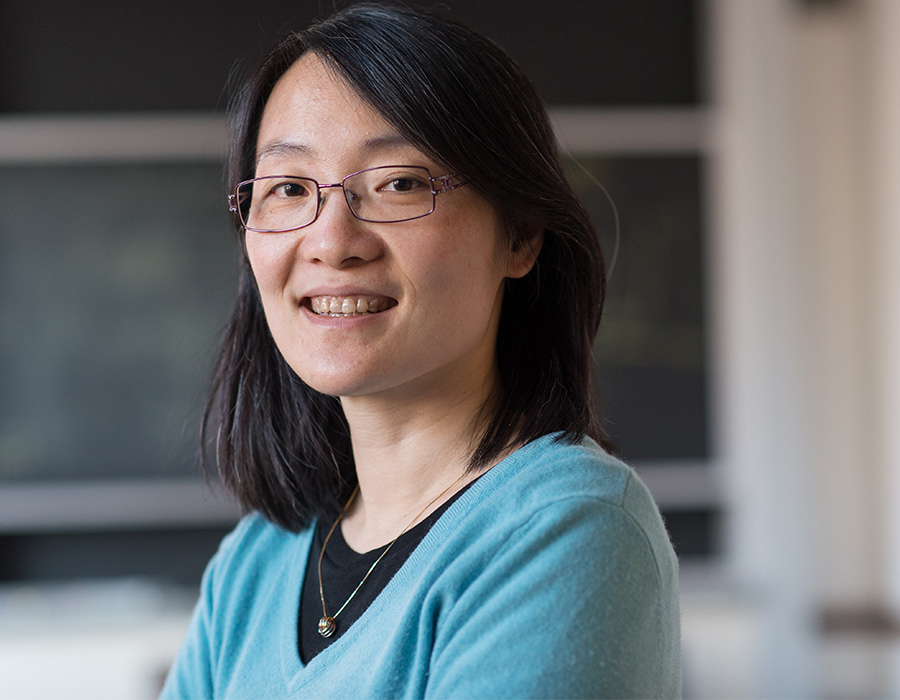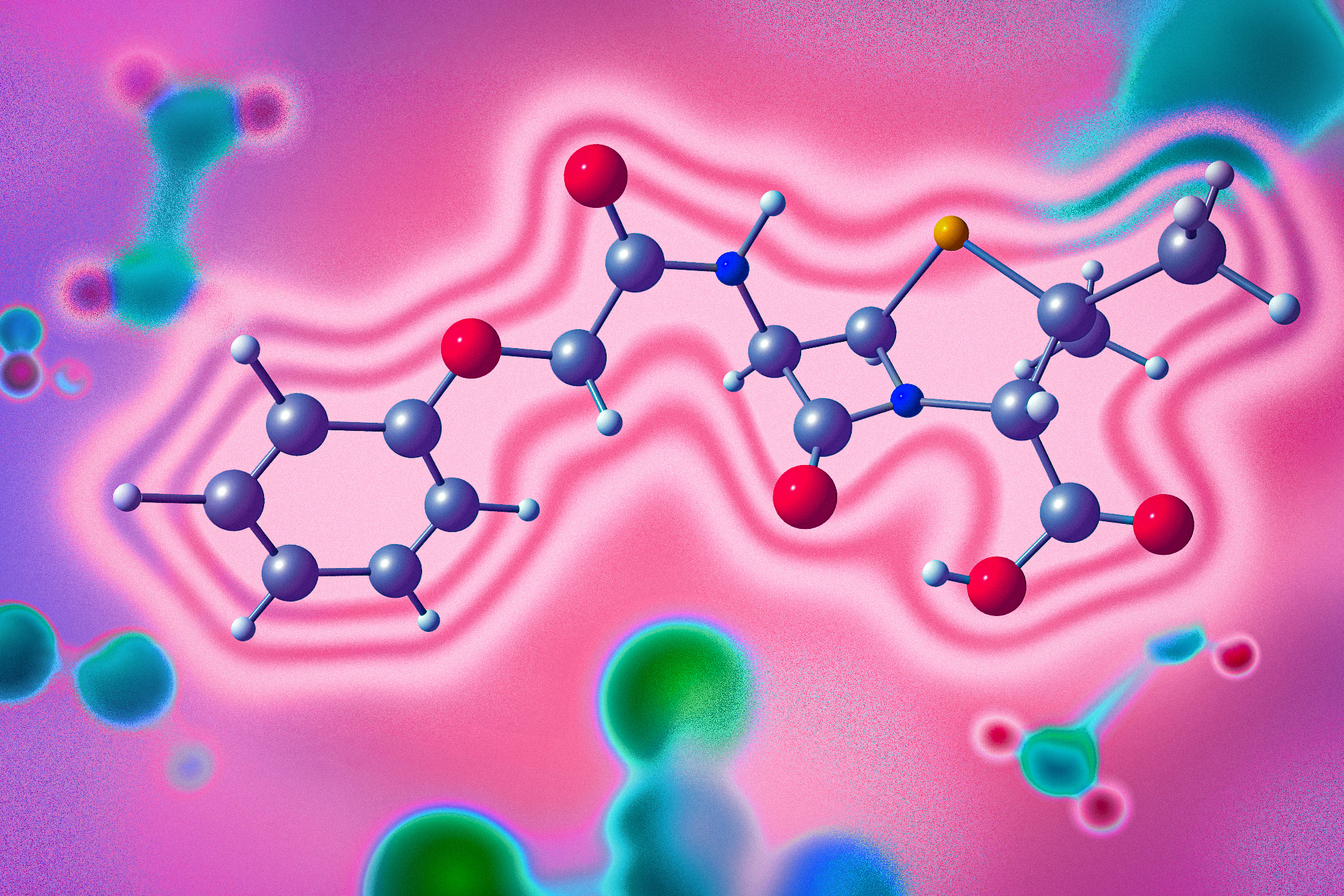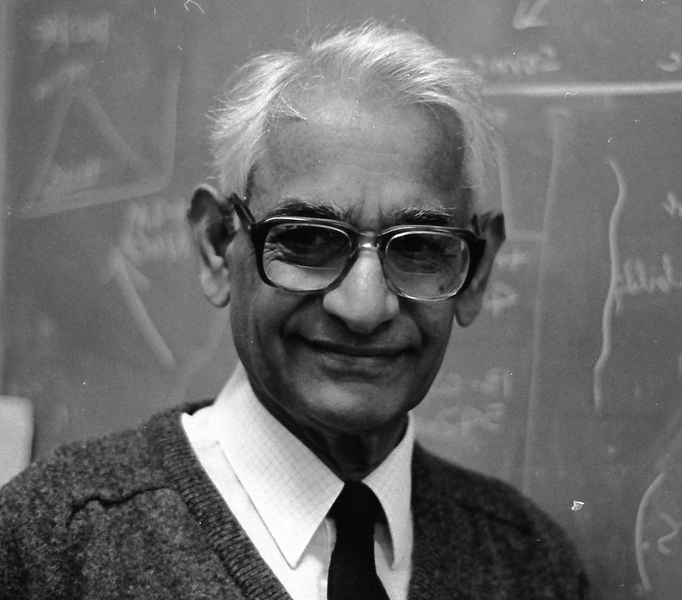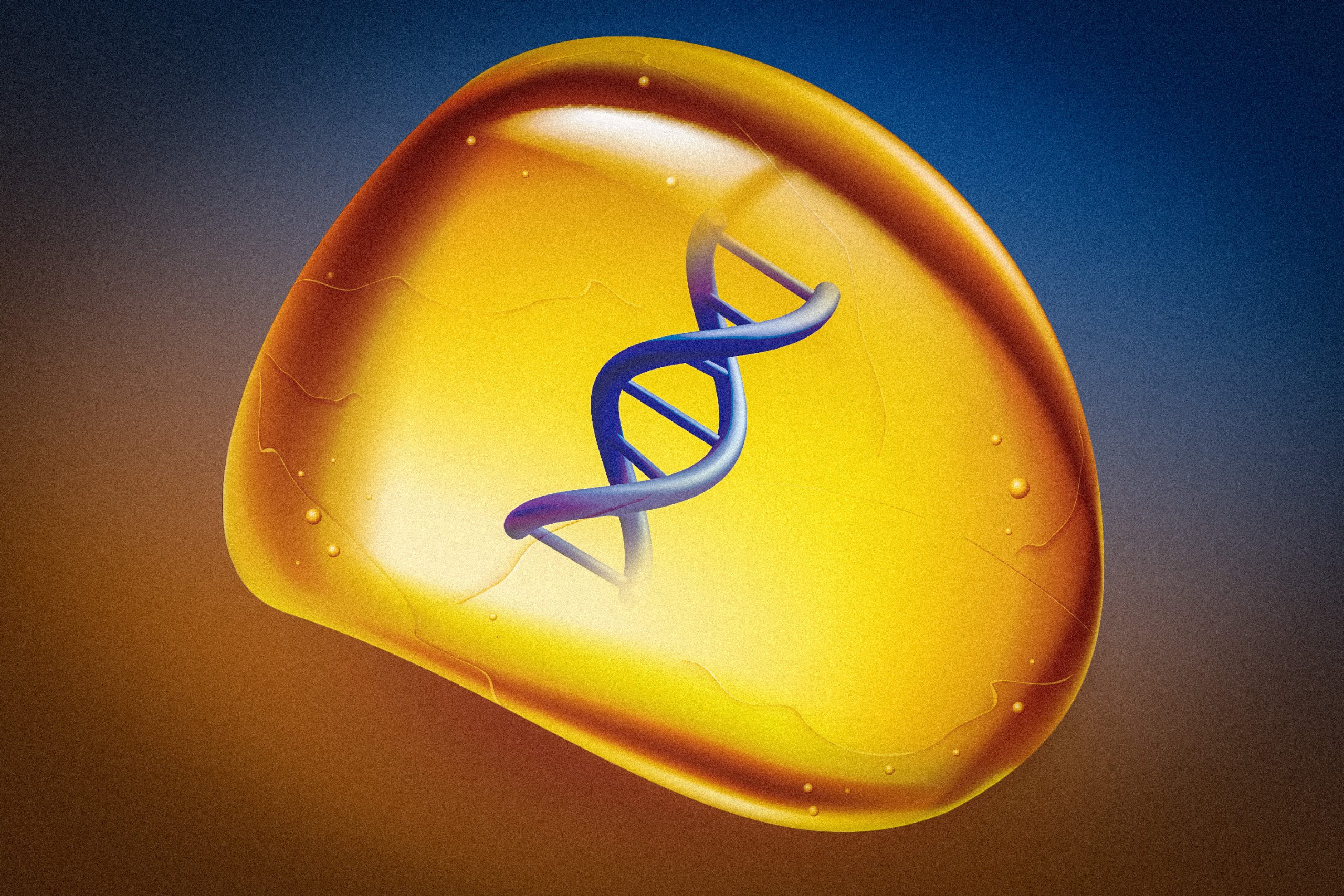Mei Hong wins 2023 Christian B. Anfinsen Award from the Protein Society
This award recognizes technological achievement or significant methodological advances in the field of protein science.
Professor Mei Hong has been selected by the Protein Society as the winner of the 2023 Christian B. Anfinsen Award. This prize recognizes technological achievement or significant methodological advances in the field of protein science. Hong has been honored for her creation of innovative tools to interrogate protein structure and dynamics using solid-state NMR spectroscopy. Hong will be conferred at the Society’s 37th Anniversary Symposium in Boston this July.
Founded in 1986, the Protein Society is the leading international Society devoted to furthering research and development in protein science. The Society aims to provide international forums to facilitate communication, cooperation, and collaboration regarding all aspects of the study of proteins. In support of these goals, the Society publishes Protein Science, the premier journal in the field, hosts an annual international symposium, and facilitates the education of early-career protein scientists across all lines of discipline. Members of the Protein Society represent a wide spectrum of academic, industry, governmental, and non-profit institutions from more than 40 countries around the world.
The Hong group develops and applies high-resolution solid-state NMR spectroscopy to elucidate the structure and dynamics of biological macromolecules, with an emphasis on membrane proteins. We design magic-angle-spinning NMR techniques that measure inter-atomic distances and molecular motions, and apply these techniques to problems in biology, pharmacology, and biomaterials. We have a long-standing interest in ion channels and curvature-inducing membrane proteins. We are also investigating the polysaccharide structures in energy-rich plant cell walls and amyloid proteins involved in neurodegenerative diseases. We study these complex noncrystalline proteins and carbohydrates in their native environments, at atomic resolution, with both structural and dynamical details, from which we obtain mechanistic insights that are rarely available from other structural techniques.





